History of PC Gaming: A Monthly Series from Den of Geek
The history of PC gaming, from its most important moments to biggest innovations and best titles, is revealed monthly on Den of Geek.
From Doom to Half-Life to World of Warcraft, few platforms have been as instrumental in the evolution of gaming as the powerful PC. In the early days, it brought us grand text-based adventures and the very first examples of dungeon crawlers. By the early ’90s, we were enjoying real-time strategy titles, role-playing games, and the very first shooters. In 1999, EverQuest, while not the first game to connect players around the world, sparked the era of the MMORPG. All of this gaming history happened on the PC and Den of Geek is here to explore it.
Our History of PC Gaming series includes in-depth features, interviews, retrospectives, fun lists, and videos covering the people, games, and innovations from the earliest days of Tennis for Two and Commodore 64 to the hero shooters, MOBAs, and battle royale games we’re enjoying today.
What are the most important PC games of all-time? We have an answer for you. The innovations that allowed us to one day start dreaming about the cloud? Yep, we’re covering that too.
Below, you can find all of the entries in our History of PC Gaming series, with excerpts and links to the full articles:
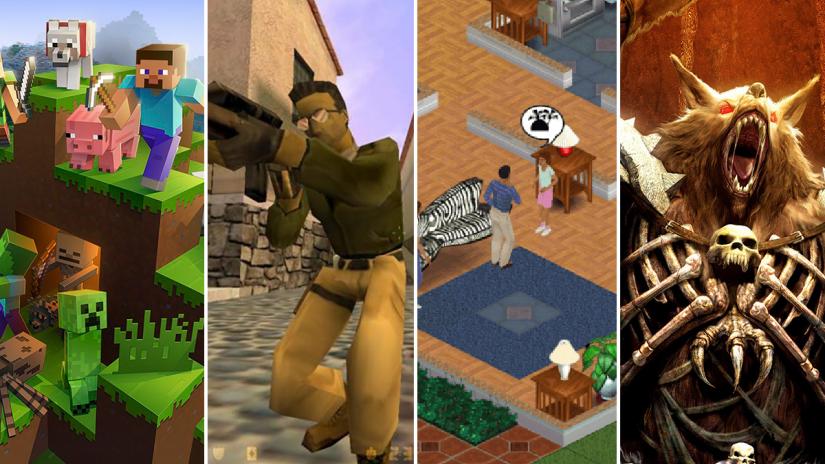
25 PC Games That Changed History
When trying to name the most important PC games of all-time, though, it’s not only about innovation and who came first. No, the most important PC games of all-time are typically the ones that inspired the community itself. These games inspired a legion of other developers to consider new concepts. They inspired outsiders to look at gaming in an entirely new way. Most importantly, they inspired those who played them to tell everyone they knew that they had to do the same.
These are the PC games that send you right back down memory lane and define the eras in which they were released (while still being enjoyable today). Most importantly, they changed the way we played on PC.
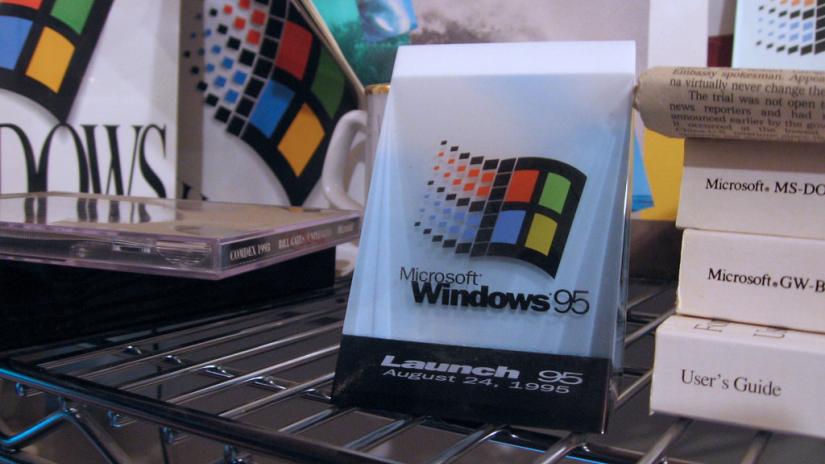
PC Gaming Innovations That Changed the Way We Play
The evolution of PC gaming features ups, down, important characters, and many, many chapters. And these chapters are not always so clearly defined. There is much debate about which pivotal moments define the history of PC gaming.
There is no universally agreed upon series of innovations that form the story of PC gaming to this day, but we’ve taken a crack at identifying the landmark occurrences which not only forever changed the way we play on our PCs but that helped shape the nature of the video game industry as we know it and as it will become in the future.
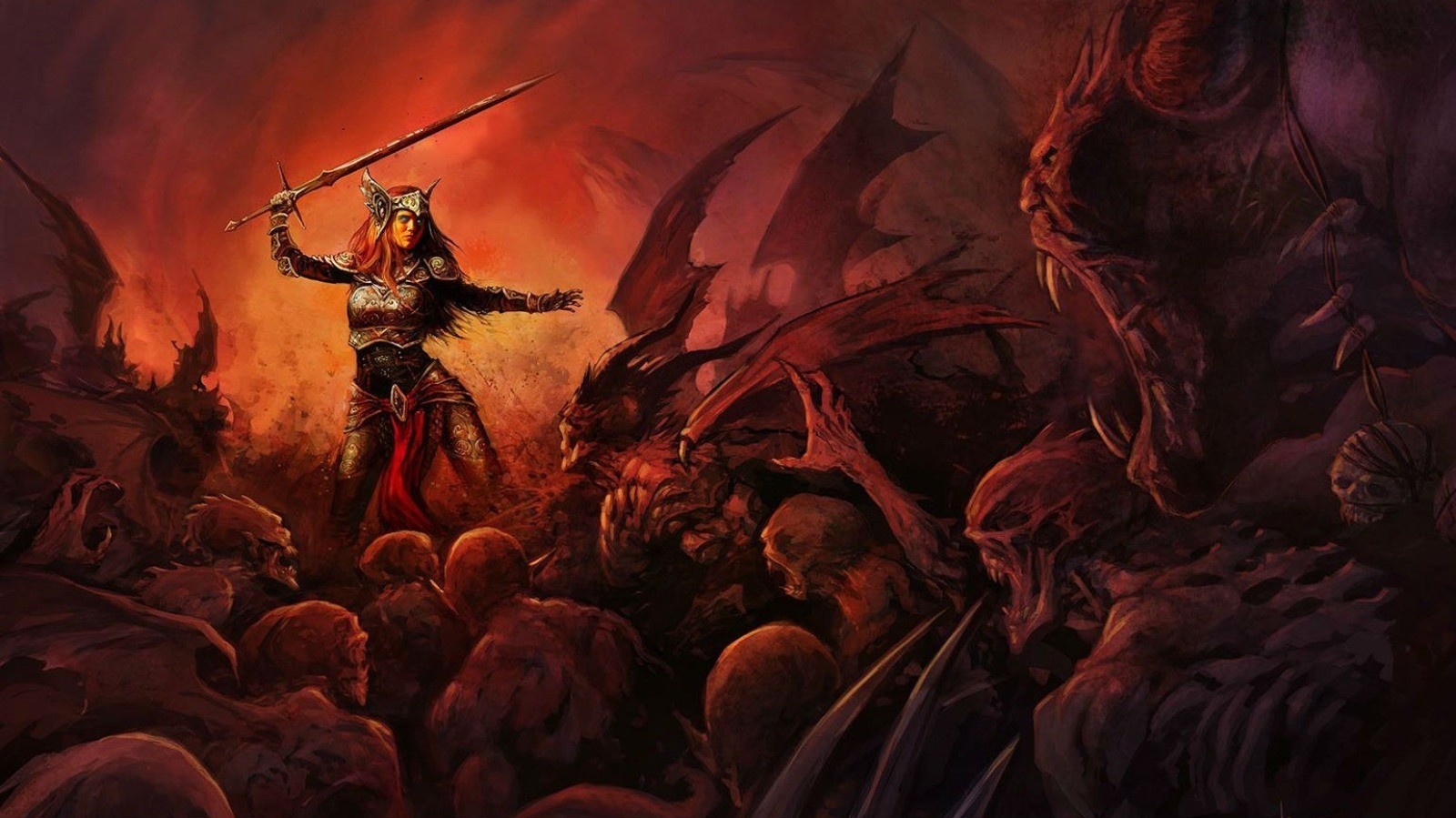
The Legacy of Baldur’s Gate
Cameron Tofer is a game developer familiar with the long, and sometimes complicated, legacy of the seminal computer RPG Baldur’s Gate. He not only co-founded Beamdog, the studio working to preserve and enhance the Baldur’s Gate series and other vital RPGs, but he worked as a programmer at BioWare when one of the most legendary studios in gaming was little more than a group of passionate Dungeons & Dragons fans.
“The team, at the time, this was their first game,” Tofer says in a recent interview with Den of Geek. “It was just a lot of pure passion and soda pop and just shag carpets and basements. It was just a passion that just went straight from around the table into making a game.”
Tofer takes us from the early days of playing Dungeons & Dragons with the Baldur’s Gate team all the way to the era of revitalizing classic experiences for a modern audience.
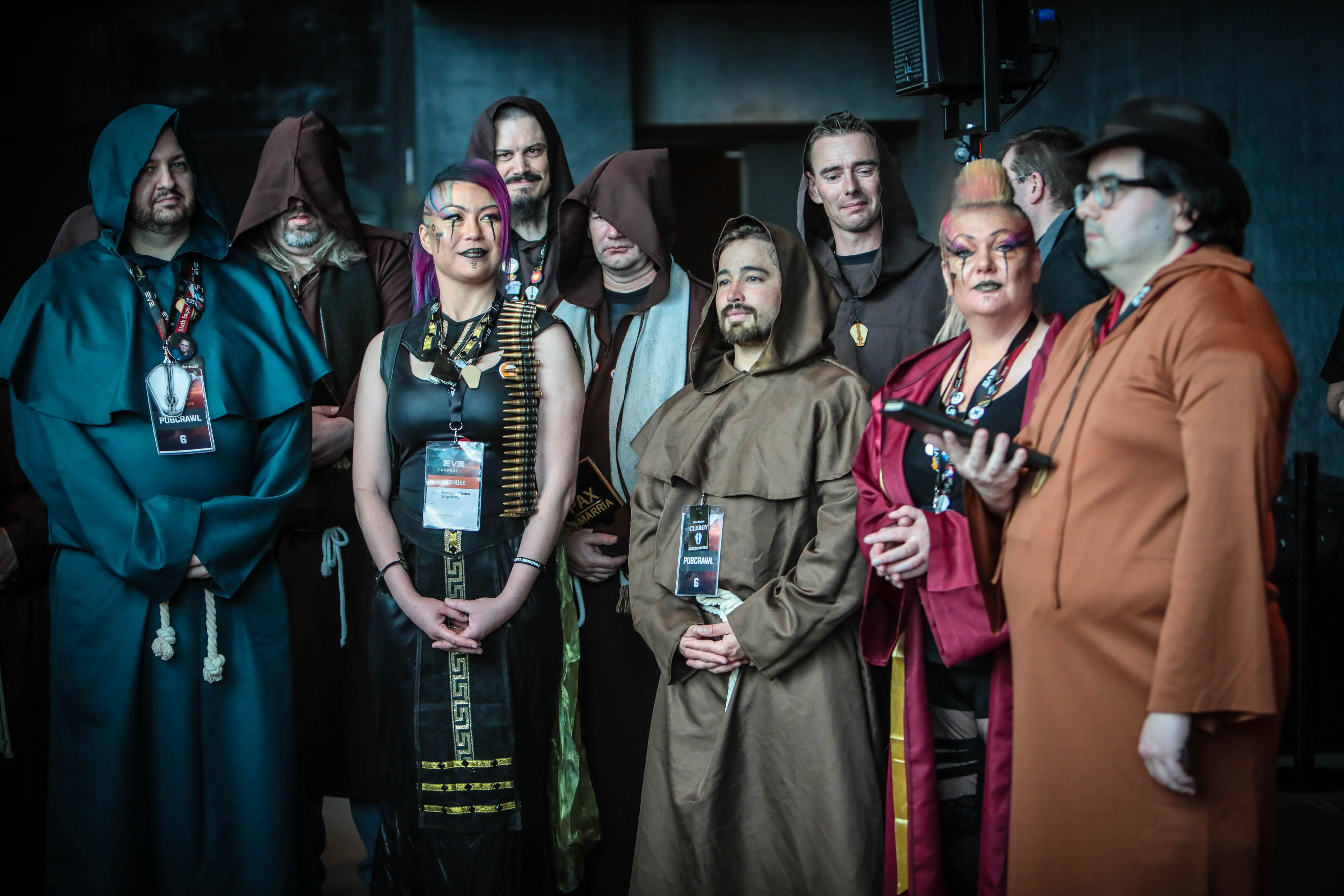
How EVE Online Evolved from Online Game to Real Life
It’s not easy explaining what exactly EVE Online is in a single paragraph or why it’s so important to the estimated 500,000 people who play it. On the surface, it’s a MMORPG that takes place in a galaxy populated by five empires vying for control of over 7,500 star systems. EVE, which launched in 2003, has its own governments, currency, economy, and religions, making it more complex and intricate than even the most popular MMO in the world, World of Warcraft. The game is full of political intrigue, space battles, and betrayal. But EVE Online is so much more than that.
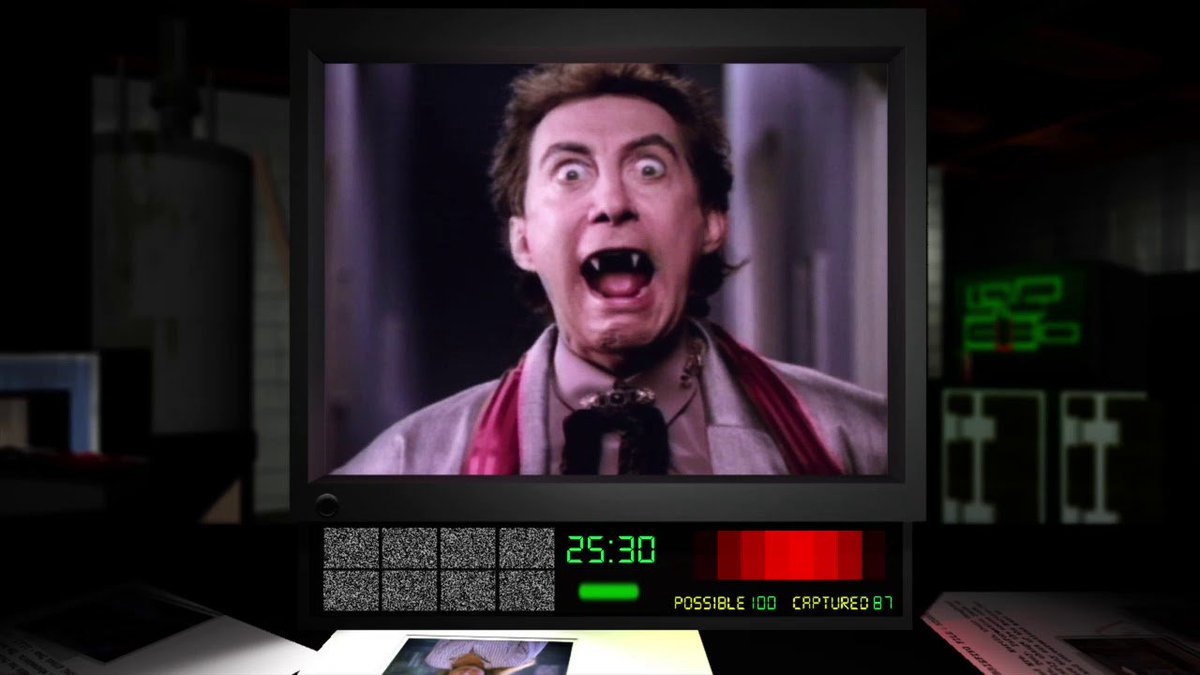
The Legacy and Return of FMV Games
In 1983, FMV games introduced us to the future. At a time when graphics were defined by sprites and basic polygonal models, the arrival of the first FMV (Full Motion Video) games felt like a gigantic technological leap forward for the industry.
While FMV games seemed to be on track to change the landscape of the industry in a big way in the ’90s, the hype train was derailed by technological limitations related to limited storage space. FMV continued to be used for in-game cutscenes in subsequent years, but full FMV games became a passing fad.
Until now…
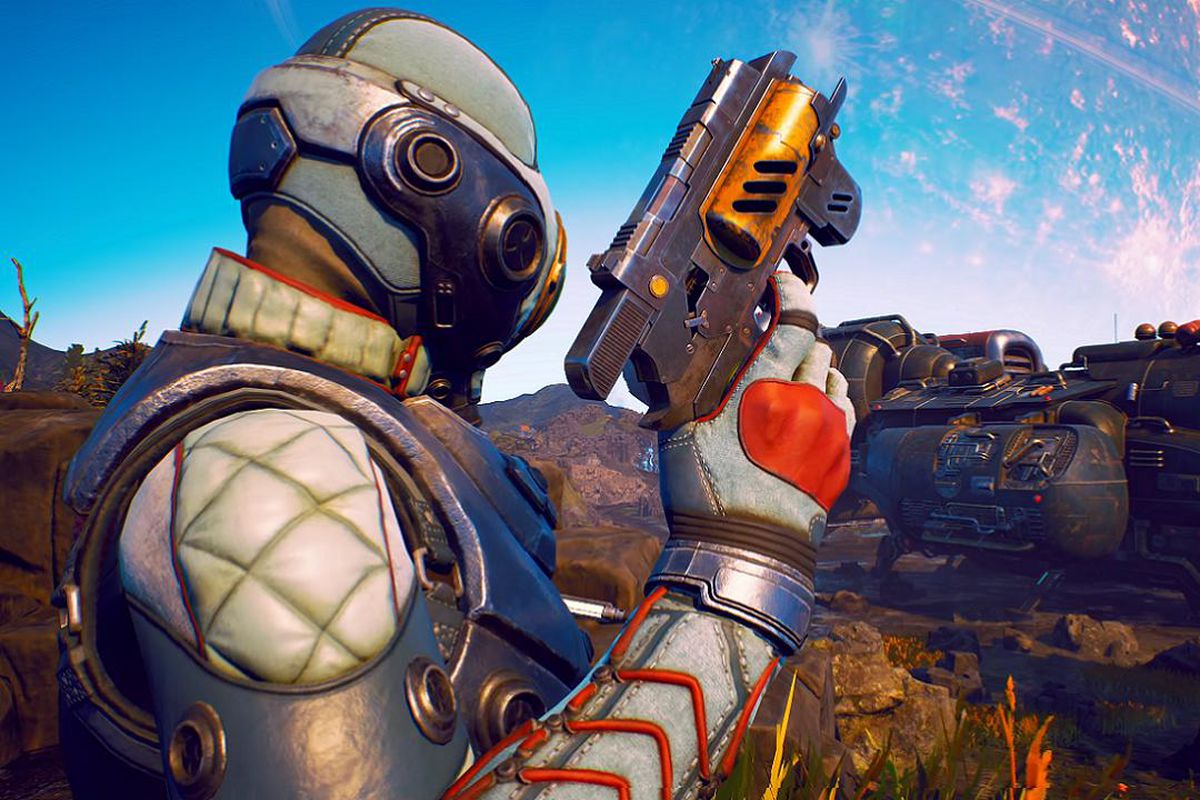
What Role-playing Means to Obsidian
Nobody has waited longer for The Outer Worlds than co-directors Tim Cain and Leonard Boyarsky. Over 20 years ago, they were key figures in the development of the original Fallout, one of the most important PC RPGs ever made. Eventually, they split and forged their own paths in the industry. As it turns out, it didn’t take much convincing to get the band back together.
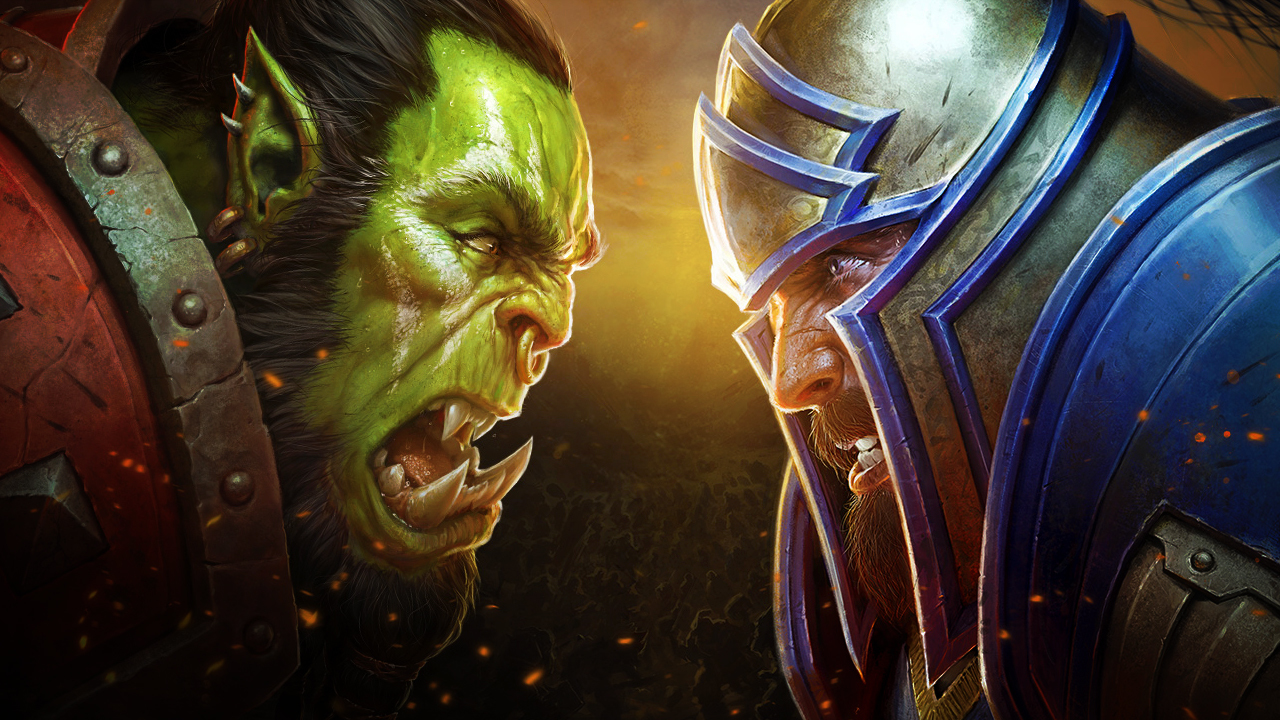
The Legacy of World of Warcraft
John Staats, former Blizzard developer and the original 3D level designer for World of Warcraft, remembers people thinking he was crazy when he told them the seminal MMORPG would last for decades. It didn’t help that Staats had made this prediction before the game had even released on Nov. 23, 2004.
“The first day on the project, [Blizzard] said, ‘Well, it’s going to be like Everquest but we’re going to simplify, take out all the pain points that EverQuest players were suffering under,'” Staats says. “It was obvious to me it was going to be a huge title. When we finally announced the game, we would go to trade shows like E3, and I would go way off script and I would say, ‘WoW is probably going to have a 20-year lifespan.’ They would all give me a double take and look to see if I was joking.”
Thinking on how the game has evolved since its launch and what lies ahead, Staats now thinks even he was being a bit conservative with the numbers: “As it turns out, I was underestimating the length on this game.”
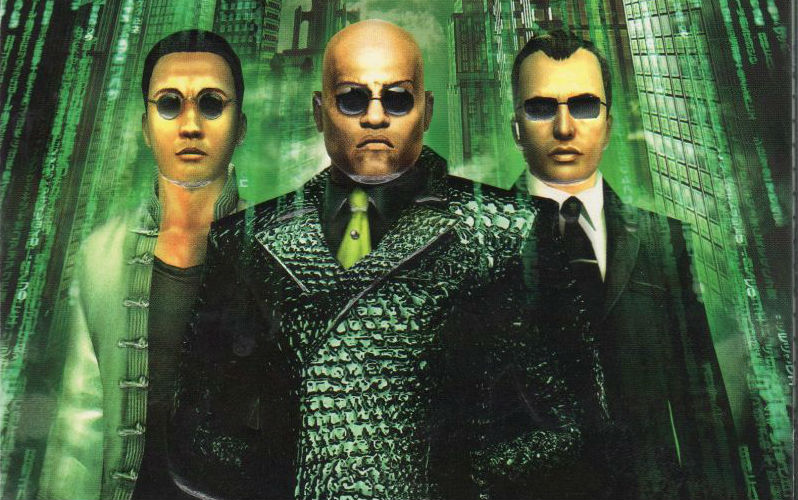
Revisiting The Matrix Online
In 2005, Monolith Productions, in conjunction with WB and Sega, released The Matrix Online, an MMORPG that told the story of what happened after Neo defeated Smith in The Matrix Revolutions. Dealing heavily with the stories of Morpheus, the Merovingian, Seraph, and other characters from the movies, the game is a pseudo-Matrix 4 that you never saw on the big screen. It’s also one of the weirdest MMOs ever released.
The Forgotten Innovations of Half-Life
When released in 1998, Half-Life was so ahead of its time that it actually rarely gets credit for all of the innovations it introduced to the shooter genre and gaming as a whole. Things like scripted story sequences that play out without cutscenes have long been associated with Half-Life, but there’s more to Valve’s PC shooter than just its game-changing approach to storytelling. From grenade throwing to mods, Half-Life changed how you play video games in ways that you may not even realize.
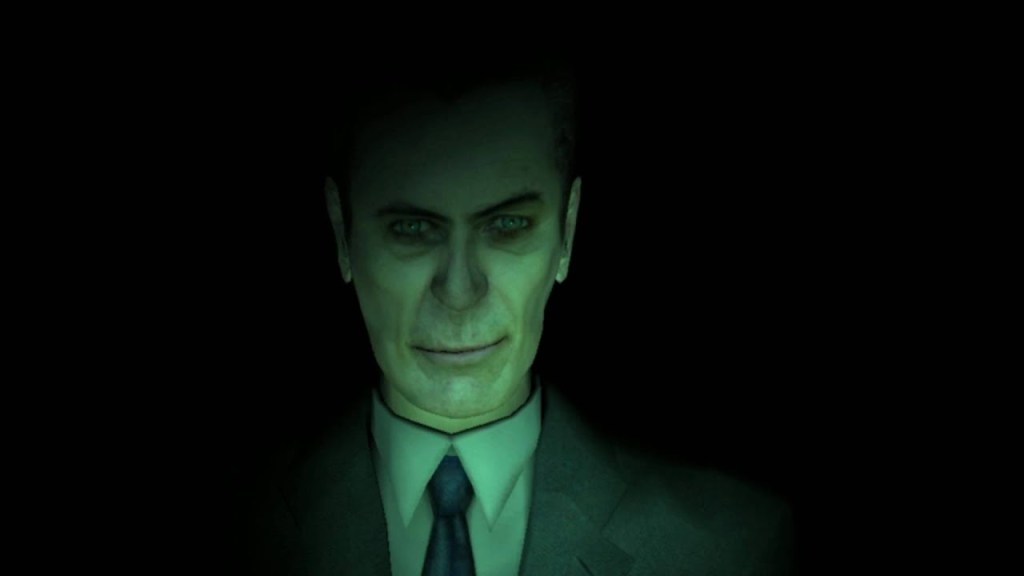
The Origin of Half-Life’s G-Man
When famed PC game studio Valve set out to work on the first Half-Life in 1996, the team that would change the first-person shooter genre forever was mostly made up of amateur modders who’d cut their teeth on the Quake engine. The studio itself was self-funded by former Microsoft Windows designers Gabe Newell and Mike Harrington, a gamble that as you know paid off tremendously.
Many stories have already been written about Valve’s ascension from indie PC developer to the AAA juggernaut that created Steam. Noclip’s documentary about how the Half-Life games influenced so many other developers, early esports pros, modders, and fans is a particularly thrilling chronicle of Valve’s story.
But one part of Half-Life‘s history that is sometimes overlooked is the role played by the performers who brought the series’ most iconic characters to life. In terms of the original Half-Life, no actor is more important than Michael Shapiro, the video game veteran who gave the enigmatic G-Man his inimitable and instantly recognizable voice. It’s Shapiro who conceived of the breathless intonation and otherworldy stutter that’s defined gaming’s creepiest character for over two decades.
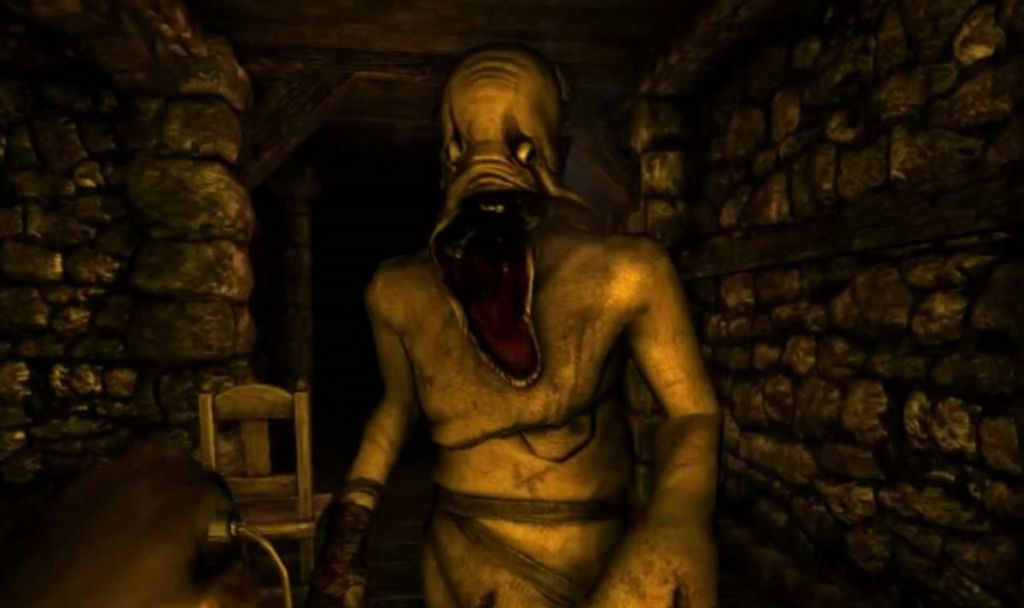
How Amnesia Brought Horror Out of the Action Era
In the late ‘80s and early ‘90s, the PC was the main source of pure horror games. From early text adventures such as The Lurking Horror to the FMV insanity of The 7th Guest, the PC developers of that era worked to unlock the largely untapped potential of horror gaming.
While the Nintendo Famicom’s Sweet Home was a revolutionary early horror game in its own right, the console titles of that era largely relied on movie licenses, such as the Nightmare on Elm Street and Friday the 13th games for the NES, or put heavy emphasis on action (Castlevania) in order to appeal to a larger market. For the most part, gamers turned to the PC for the truly scary stuff.
That dynamic changed drastically in 1996 with the release of Capcom’s Resident Evil for the PlayStation. While Resident Evil drew heavily from PC horror games like Alone in the Dark, it popularized the style of survival horror that soon became so synonymous with gaming that console and PC developers everywhere raced to develop their own Resident Evil-like experiences. Some, like Konami’s Silent Hill, even built on Capcom’s success. Others, like the much-hyped PC horror game Nocturne, were quickly lost to history.
The gap between PC and console horror gaming grew larger in 2005 when the revolutionary Resident Evil 4 changed the genre again with its cinematic presentation, over-the-shoulder third-person camera, and action-oriented gameplay. It moved the genre further away from the slower, more methodical horror games of old and into an era when titles like Dead Space played more like action games with occasional jump scares and lots of gore.
Then came 2010’s Amnesia: The Dark Descent, the seminal PC horror game from Frictional Games that brought the genre back to its roots. In the game, you play as a man named Daniel who wakes up in a creepy castle with no memory of how he got there. With no way of defending himself and only a lantern to light his way through the madness-inducing darkness of the castle’s depths, Daniel must uncover the twisted truth behind his amnesia while evading the grotesque monsters hunting him. Needless to say, Amnesia offered a very different kind of scare and filled its fans with a more primal sense of dread than the gun-heavy horror games of the time.
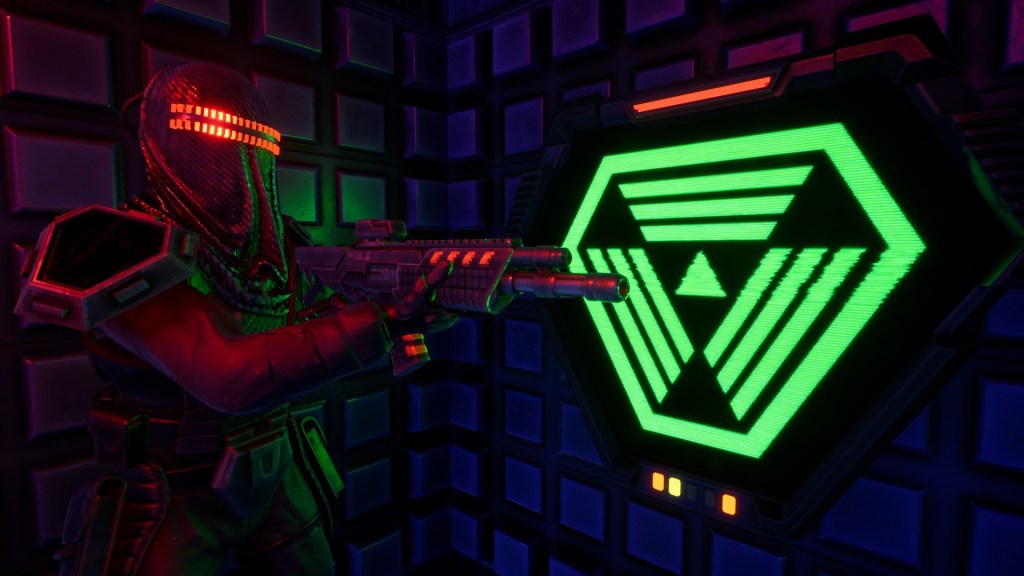
How the System Shock Remake Modernizes a PC Gaming Classic
When LookingGlass Technologies’ System Shock released in 1994, few people knew what to make of it. It was a first-person game with action and guns, but it most certainly wasn’t a first-person shooter like Doom, which had been released less than a year before System Shock. It featured navigation and level design similar to games like Ultima Underworld, but it wasn’t necessarily an RPG in most respects. While System Shock received quite a bit of praise from critics and players who took a chance on it, but it wasn’t exactly revered as a game-changer or considered a major hit at the time. In fact, LookingGlass lost money on the game.
But not long after System Shock’s release, a new breed of games began to emerge, PC titles that were clearly inspired by its innovations. Titles like Thief and Half-Life, both released in 1998, expanded on System Shock‘s emergent gameplay and first-person storytelling. Other games, such as 2000’s Deus Ex, were largely re-imaginings of the System Shock formula. By the time BioShock arrived in 2007, a “Shock” game was a bit easier to define. In fact, imagine playing BioShock in 1994 and you’ll have a pretty good idea why System Shock is typically referred to as a game ahead of its time.
Even in that respect, the case of System Shock has always been a strange one. Because so many of the games that followed in System Shock’s footsteps went on to become more successful (at least in terms of sales), there are times when System Shock is remembered more for the games it inspired than LookingGlass’ original experience. That’s a legacy that Nightdive Studios, the team behind the upcoming System Shock remake, is well aware of.
“The original System Shock was a ground-breaking experience that inspired a generation of amazing games and developers, though, today, it’s been largely forgotten,” says Stephen Kick, CEO and founder of Nightdive Studios, who spoke to Den of Geek via email. “One of the driving motivations of developing this remake was to expand the reach of the original.”
